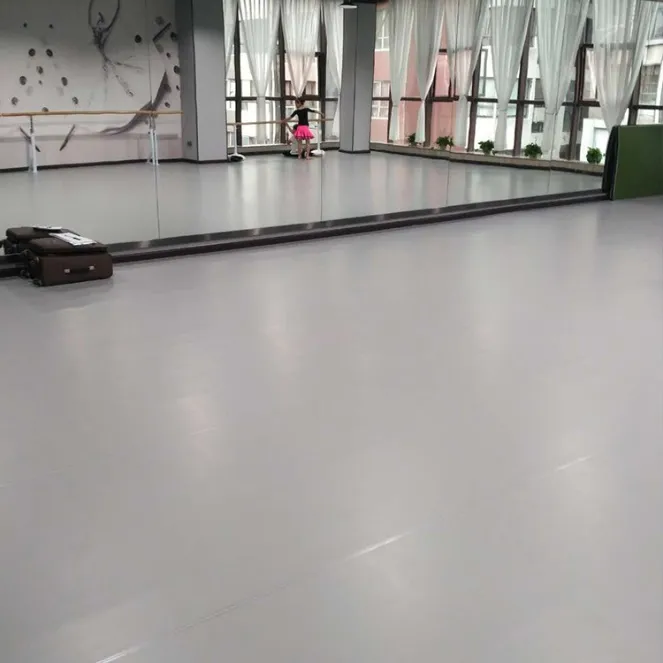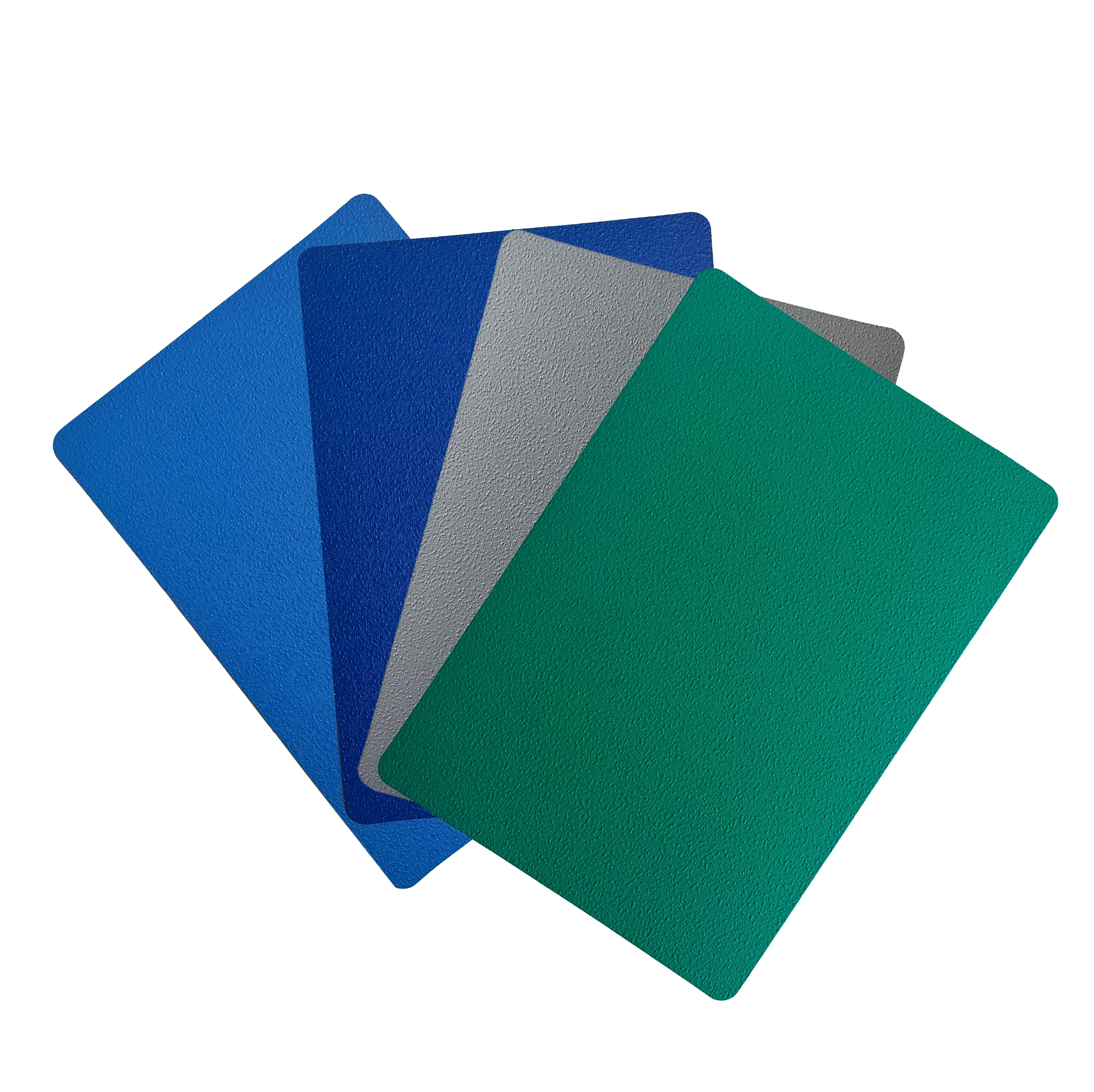Commercial Flooring Types Durable Solutions for Offices & Dance Floors
- Overview of Commercial Flooring Diversity
- Technical Advantages Across Flooring Types
- Manufacturer Comparisons: Performance & Pricing
- Custom Solutions for Specific Environments
- Case Studies: Real-World Applications
- Maintenance Strategies for Longevity
- Future Trends in Commercial Flooring

(different types of commercial flooring)
Exploring Different Types of Commercial Flooring
The commercial flooring industry offers a vast array of solutions tailored to diverse needs, from high-traffic retail spaces to specialized dance studios. Different types of commercial flooring are engineered to address specific functional requirements, such as durability (>500,000 foot traffic cycles), slip resistance (R10-R13 ratings), and acoustic performance (up to 19dB noise reduction). Modern options range from epoxy-coated concrete for industrial settings to sprung floors with shock absorption for dance studios, each designed to optimize safety and operational efficiency.
Technical Superiority in Modern Flooring Systems
Advanced materials dominate today's market:
- Interlocking tiles achieve 98% installation efficiency with patented click-lock systems
- Luxury vinyl plank (LVP) withstands 20,000+ PSI load capacity
- Rubber flooring provides 0.68+ friction coefficients for slip prevention
Manufacturer Performance Benchmarking
| Feature | Armstrong | Interface | Gerflor |
|---|---|---|---|
| Warranty Period | 15 years | 20 years | 25 years |
| Installation Speed | 35 sq.ft/hr | 42 sq.ft/hr | 50 sq.ft/hr |
| Recycled Content | 28% | 41% | 35% |
Customized Flooring Configurations
Specialized environments demand tailored approaches:
- Dance studios require 15-20mm shock-absorbent layers with DIN 18032-2 compliance
- Warehouses need ISO 9001-certified interlocking tiles with 8,000+ PSI compression strength
- Hospitality spaces utilize digitally printed vinyl replicating natural materials at 1200dpi resolution
Application-Specific Success Stories
A recent 200,000 sq.ft corporate campus project utilized:
- Electrostatic-discharge vinyl in server rooms
- 3mm acoustic underlayment in conference halls
- UV-cured urethane finish in high-traffic corridors
Preserving Flooring Investments
Proper maintenance extends lifespan by 60-80%:
| Floor Type | Daily Care | Annual Refurbishment |
|---|---|---|
| Epoxy | pH-neutral cleaner | Topcoat reapplication |
| Sprung Floor | Microfiber mopping | Subfloor inspection |
Innovating Different Types of Commercial Flooring Solutions
The sector is evolving with smart flooring integrations:
- Pressure-sensitive tiles mapping foot traffic density
- Thermoplastic systems with embedded wayfinding LEDs
- Self-healing polyurethane surfaces repairing 0.5mm scratches autonomously
continue to adapt through material science breakthroughs and IoT integration, ensuring spaces remain both functional and future-ready.

(different types of commercial flooring)
FAQS on different types of commercial flooring
Q: What are the most common types of commercial flooring?
A: Popular options include vinyl, carpet tiles, hardwood, laminate, and polished concrete. These materials are chosen for durability, ease of maintenance, and suitability for high-traffic areas like offices and retail spaces.
Q: Which types of dance floors are best for professional events?
A: Sprung floors, marley floors, and portable hardwood floors are ideal. They provide shock absorption, slip resistance, and flexibility for dance styles like ballet, ballroom, or hip-hop.
Q: What makes interlocking tiles a practical choice for commercial spaces?
A: Interlocking tiles are easy to install, replace, and customize. Made from materials like rubber or PVC, they’re durable, waterproof, and ideal for gyms, trade shows, or temporary setups.
Q: How do you choose between epoxy and vinyl flooring for commercial use?
A: Epoxy is best for industrial settings due to extreme durability and chemical resistance. Vinyl works well in offices or healthcare spaces for its comfort, noise reduction, and design variety.
Q: Are interlocking tiles suitable for outdoor dance floors?
A: Yes, weather-resistant interlocking tiles made from polypropylene or PVC work outdoors. They provide a stable, non-slip surface and can withstand moisture and temperature changes.
-
Commercial Parquet Flooring: Considerations of Aesthetics, Practicality, And SustainabilityNewsApr.15,2025
-
PVC Sports Flooring: Performance, Applications, And Development TrendsNewsApr.15,2025
-
PP Interlocking Floor: a Paving Solution That Combines Functionality and SustainabilityNewsApr.15,2025
-
Plastic Flooring Tiles Outdoor: Practicality, Sustainability, And Development ProspectsNewsApr.15,2025
-
On the Application of PVC Flooring for Badminton Court in Badminton VenuesNewsApr.15,2025
-
Commercial Wood Flooring: the Balance Between Aesthetics, Functionality, And SustainabilityNewsApr.15,2025
-
The Ultimate Guide to Futsal FlooringNewsMar.27,2025

